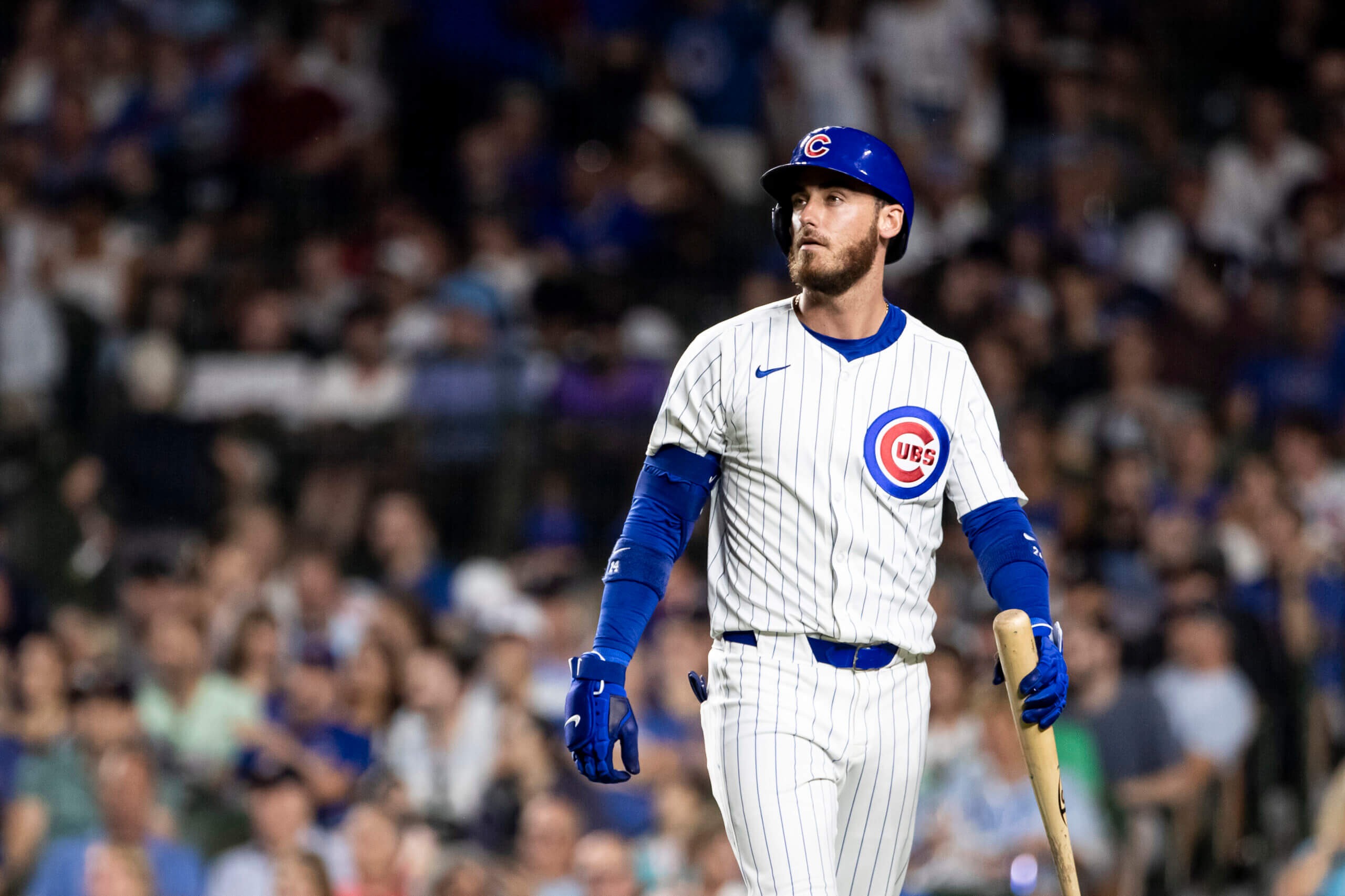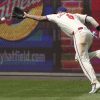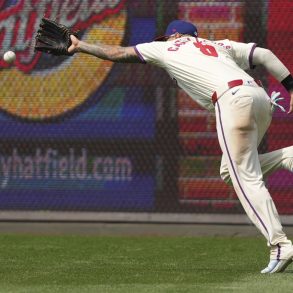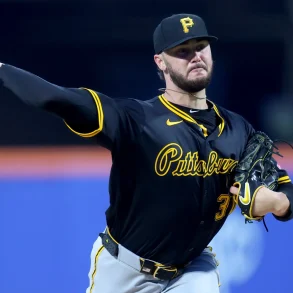The Cubs created a buzz this winter by orchestrating a high-profile trade for Kyle Tucker while also bringing in players like Matthew Boyd, Colin Rea, Eli Morgan, Carson Kelly, and Caleb Thielbar.
Speaking recently, President of Baseball Operations Jed Hoyer shared that the team is still exploring additions to its bench and bullpen, with reports hinting at a potential major signing in reliever Tanner Scott.

A good aspect of Chicago’s offseason strategy revolves around its budget. Chairman Tom Ricketts addressed this topic in an interview with The Athletic’s Patrick Mooney, revealing the club’s intention to stay near the $241 million luxury tax threshold.
With an estimated tax number of $198.3 million, the Cubs have notable room for additional spending, according to RosterResource.
Despite this financial flexibility, Ricketts suggested that some funds might be reserved for trade deadline moves.
He emphasized that the team is prepared to increase payroll midseason if needed, stating, “If there’s a piece we need to keep winning, there’s always that option.”
He also acknowledged that the timing of player signings can be unpredictable, requiring teams to remain adaptable and ready to seize opportunities as they arise.
Adding a higher-cost player like Scott would utilize a substantial portion of the available budget but would still leave room for flexibility.
Rumors have linked the Cubs to both Alex Bregman and Jack Flaherty, although Hoyer has indicated that the team is prioritizing less expensive moves.
Bregman reportedly prefers a long-term deal without opt-outs, while Flaherty appears open to shorter-term contracts, potentially making him a more realistic target for Chicago.
The Cubs have gradually increased their payroll after several years of scaling back. This offseason marks the first time since 2020 that the team’s Opening Day payroll ranks among the top 10 in the league.
However, financial restrictions remain evident, as seen in the trade that sent Cody Bellinger to the Yankees. This move cleared salary space and created room for Tucker in the outfield.
Some fans have criticized the organization for not spending more aggressively, especially given Chicago’s status as a major market team.
Ricketts addressed concerns regarding the influence of Arctos, a private equity firm with investments in multiple MLB teams.
He clarified that Arctos has no role in payroll decisions or player evaluations, describing them as passive, long-term investors focused on the overall value of sports assets.
The luxury tax is calculated using average annual values and additional player benefits rather than straightforward payroll figures.
For example, the Cubs’ $227.7 million payroll in 2024 translated to a $239.9 million tax number, putting them just over the $237 million threshold.
This consideration makes signing a qualified free agent like Bregman more expensive, as it would cost the team two draft picks. As a result, non-qualified free agents such as Scott or Flaherty may be more attractive options.
Chicago’s cautious spending coincided with a challenging period for the team. Following their 2020 postseason appearance, the Cubs endured losing seasons in 2021 and 2022 and fell short with 83-79 records over the last two years.
This stretch of near-misses has fueled speculation about added pressure on Hoyer, who is entering the final year of his contract as President of Baseball Operations.
Pressure Mounts on Hoyer as Contract Year Approaches
Ricketts dismissed the idea of 2025 being a make-or-break season, emphasizing that the goal is always to reach the playoffs.
While he stopped short of providing Hoyer a firm endorsement, he commended his all in all approach to building the roster.
The Cubs’ farm system has drawn increasing praise from analysts, with its depth playing a key role in the Tucker trade. Isaac Paredes and top prospect Cam Smith were sent to Houston, reflecting the team’s confidence in Matt Shaw’s readiness to take over third base duties.
Ricketts acknowledged the inherent risks of such trades, commenting, “In a few years, people might say we should have traded someone else, but that’s part of the balance.”
He expressed optimism about Tucker’s future with the Cubs, adding, “Hopefully, he’ll enjoy his time here and stay for the long term.”
Tucker is set to become a free agent after the season, and re-signing him would likely require a deal far exceeding Jason Heyward’s $184 million contract, the largest in franchise history.







